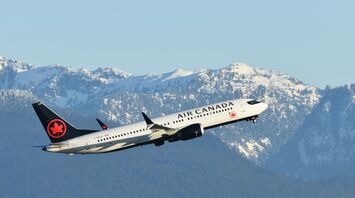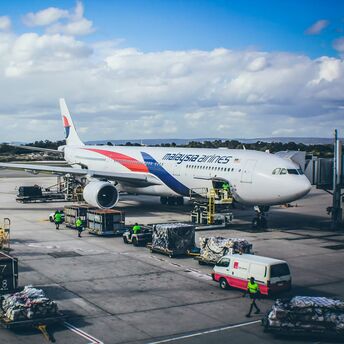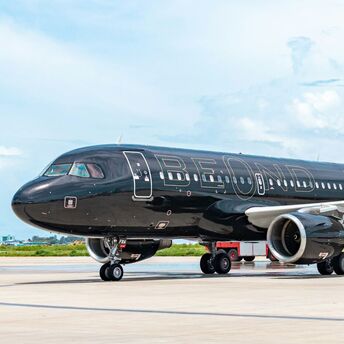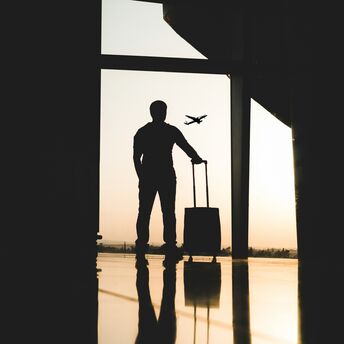Air Canada Revises Travel Fares for Twenty Twenty-Five

Air Canada has announced updates to its Basic and Comfort ticket categories, set to take effect in January twenty twenty-five, introducing notable changes to its travel policies. Travelers purchasing Basic economy tickets starting January third, twenty twenty-five, will be permitted to carry only one small personal item, such as a purse or compact laptop bag. Larger items like trolley cases or rucksacks must be checked for a standard fee starting at thirty-five dollars, with a higher charge for those checked at the gate.
For passengers choosing Comfort tickets, Air Canada is unveiling a more accommodating baggage policy. From January third, twenty twenty-five, travelers with Comfort fares can check two bags without additional costs, compared to the previous allowance of one. This change is expected to benefit global and long-haul travelers who often carry extra belongings, making Comfort fares an increasingly attractive option for extended trips.
These changes are expected to reshape how travelers approach ticket selection and packing strategies. Budget-conscious passengers using Basic fares may face higher overall costs if they need to check additional luggage. Families or groups should also be mindful of seating fees for changes made at check-in, which could impact their travel budgets. Choosing the right fare class will now require closer attention to individual travel needs.
Travelers are encouraged to evaluate the total cost of their journey, including additional baggage or seat selection fees, when booking. While Basic fares may appear economical, the cumulative costs could outweigh initial savings, particularly for trips requiring more flexibility or baggage. Comfort fares, with their expanded baggage allowance, may offer a more cost-effective solution for those with additional luggage needs.
These adjustments highlight Air Canada’s alignment with broader industry trends emphasizing fare customization and flexibility. Travelers will need to adapt to these evolving policies, which aim to balance affordability with service personalization. For frequent flyers, understanding these changes is crucial to optimizing travel decisions and minimizing unexpected costs. The updates underscore a growing focus on tailored travel options, where selecting the appropriate fare class can directly influence both the convenience and overall expense of a journey.



















